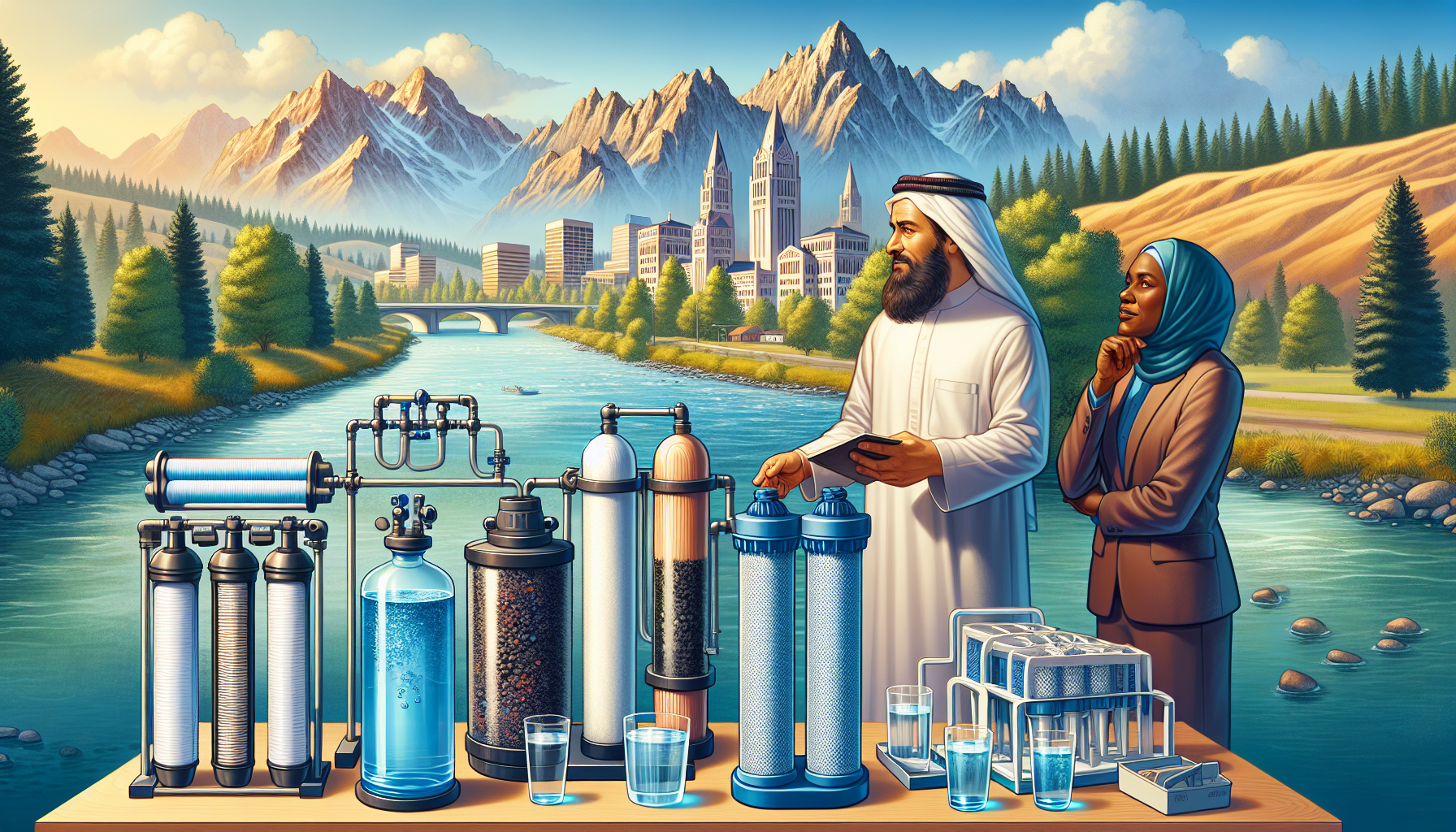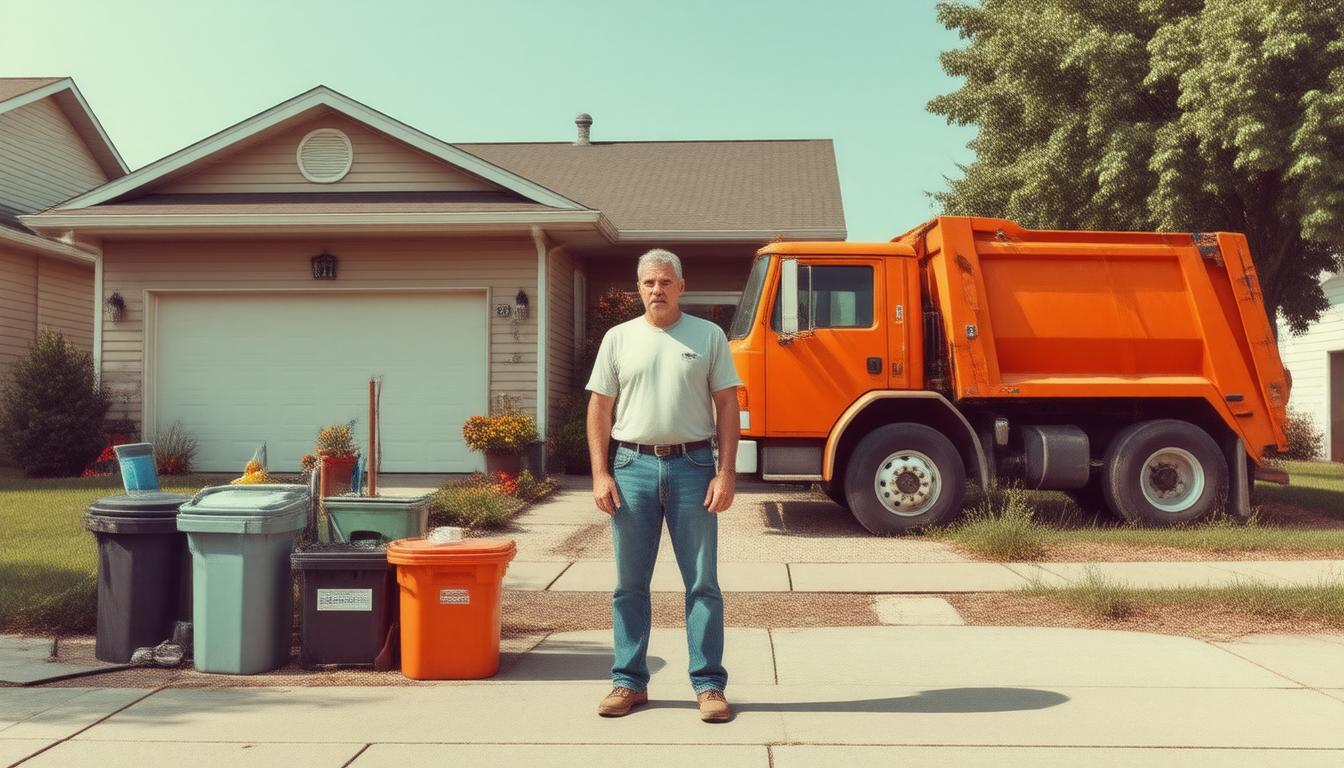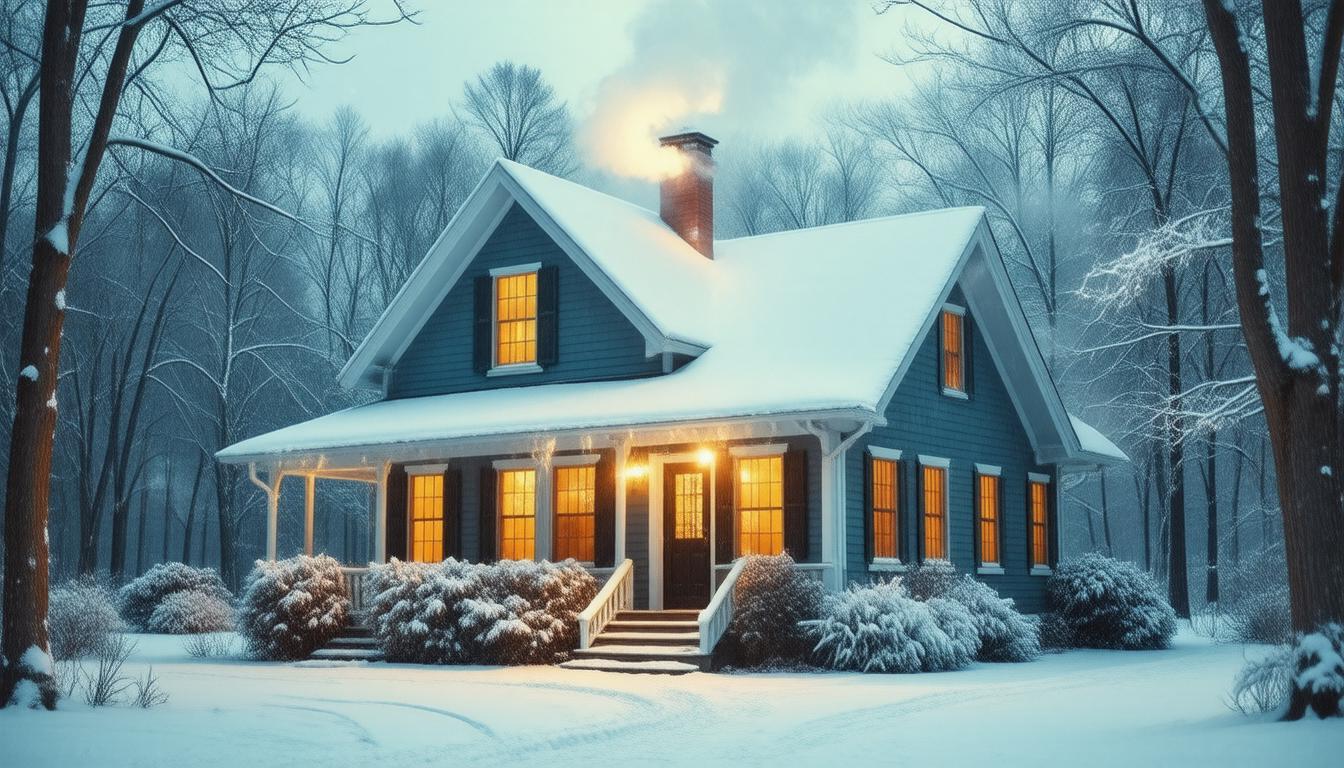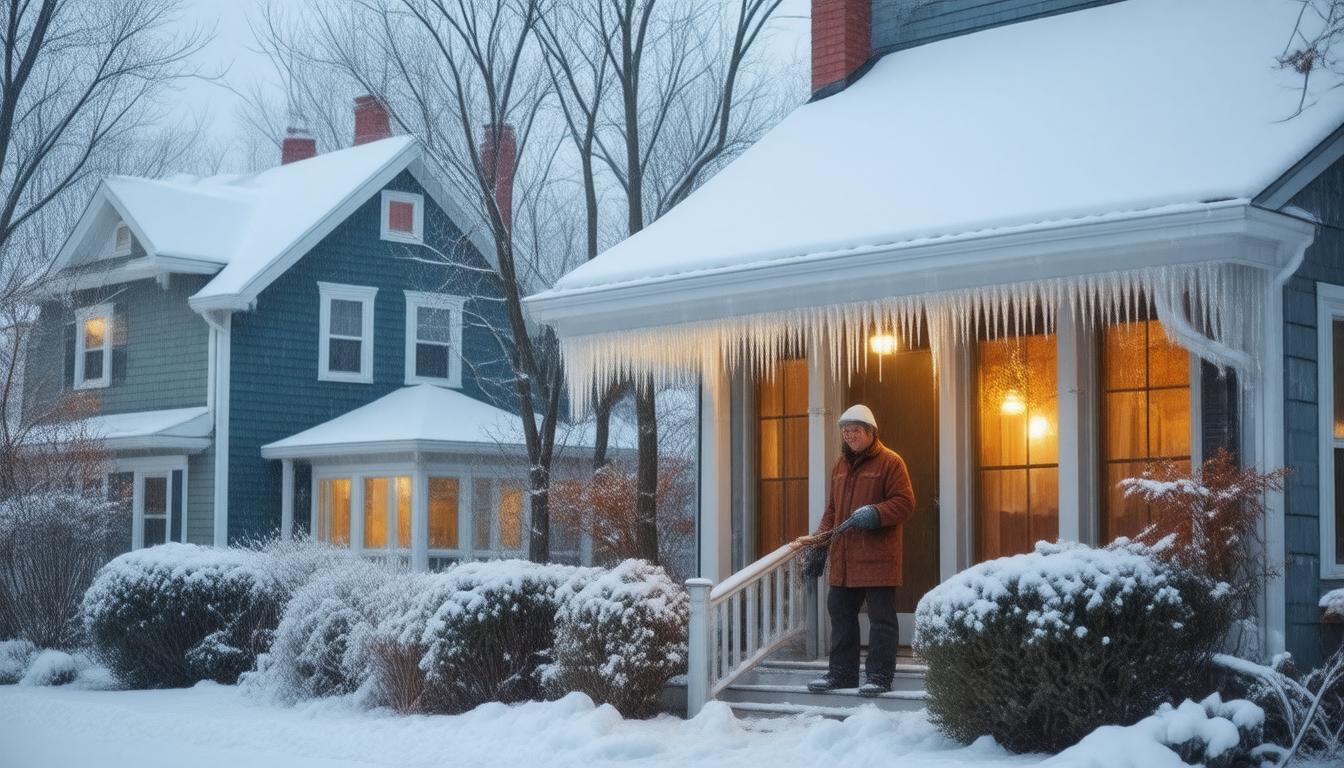
Water filtration is essential in providing safe drinking water free of contaminants and pleasant in taste and odor. In Spokane, Washington, the water supply primarily comes from the Spokane Valley-Rathdrum Prairie Aquifer, which is one of the largest and cleanest sources of groundwater in the United States. Despite the high quality of raw water, contamination through old pipes or environmental pollutants can still be a concern for some residents. To ensure safety, the City of Spokane operates with strict water treatment standards and regular monitoring.
Common Contaminants in Spokane’s WaterEven with a naturally clean source, Spokane’s water can contain various contaminants. These might include sediment, chlorine (used for disinfection), and lead (from aging pipes). The Environmental Protection Agency (EPA) regulates the levels of these and other contaminants, but some residents prefer additional filtration for their drinking water or are addressing specific issues like water hardness.
Types of Water Filtration SystemsThere are numerous water filtration systems available on the market that cater to different needs:
1. Pitcher Filters: These are affordable and can reduce chlorine taste and odor, but they have limited capacity and might not remove all types of contaminants.
2. Faucet-Mounted Filters: Easy to install and more effective than pitcher filters, these can remove a wider range of substances.
3. Under-Sink Filters: These systems require installation but can provide thorough filtration directly from a separate tap.
4. Whole-House Filtration: These are installed at the water’s point of entry into the home, ensuring that all water is filtered, whether it’s for drinking, showering, or washing clothes.
5. Reverse Osmosis Systems: Known for their high effectiveness, these systems can remove a broad spectrum of contaminants, including dissolved solids.
Choosing the right filtration system depends on specific water quality concerns, budget, and the amount of maintenance one is willing to undertake. Spokane residents can get their water tested to identify particular contaminants of concern. Moreover, consulting with local water filtration experts who understand the regional water profile and existing plumbing can lead to more informed decisions.
Installation and MaintenanceWhile some systems like pitcher filters are simple do-it-yourself projects, others like under-sink or whole-house systems will require professional installation. Maintenance varies by system, with some requiring regular cartridge changes and others needing occasional servicing to remain effective. It’s worth noting that the upfront cost of the system often correlates with the level of maintenance and running costs.
Benefits of Improved Water FiltrationInvesting in an effective water filtration system can provide numerous benefits including improved water taste, elimination of potential health hazards, and protection of household appliances from scale buildup. Additionally, it can contribute to environmental sustainability by reducing the dependency on bottled water.
ConclusionUnderstanding the specifics of Spokane’s water supply and potential contaminants is the first step in selecting a water filtration system. Spokane residents have a range of options to ensure their water quality meets or exceeds their expectations for taste, safety, and health. By leveraging local resources and expert advice, individuals can make an informed choice on the most suitable water filtration system for their household.







